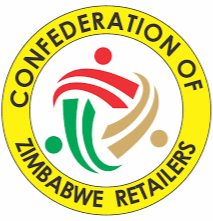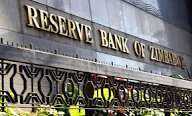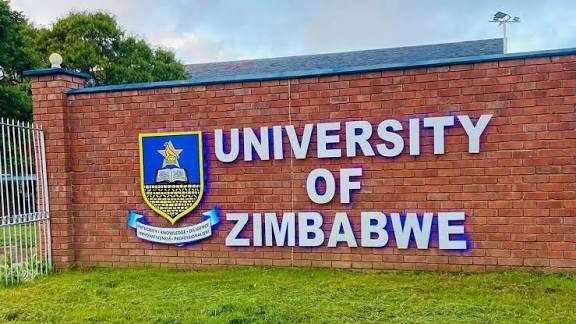
Audrey Galawu- Assistant Editor
The Confederation of Zimbabwe Retailers has called on retailers and wholesalers to conduct regular audits of their supply chains and report any suspicious products or suppliers, as government steps up efforts to eliminate counterfeit goods from the market.
In a press statement issued on July 23, CZR President Dr. Denford Mutashu stressed the importance of proactive vigilance in protecting public health and preserving the integrity of the retail sector.
“We call upon our members and all retail/wholesale operators to conduct regular audits of their supply chains and immediately report suspicious products or suppliers to the authorities,” said Dr. Mutashu.
“This is a national call to action. The health of the nation, the credibility of our sector and the trust of the consumer must remain paramount.”
The call comes in the wake of a successful collaborative crackdown in Harare CBD involving the Consumer Protection Commission, the Trade Measures Department under the Ministry of Industry and Commerce, and the Zimbabwe Republic Police.
The operation led to the confiscation of large quantities of fake consumer goods, most notably counterfeit mealie meal.
CZR commended the Government of Zimbabwe for intensifying efforts to remove counterfeit products from the marketplace.
“This decisive action reflects the Government’s commitment to safeguarding public health and consumer rights and we urge that such operations be scaled up across all provinces in the country,” Mutashu said.
Related Stories
The organisation warned that counterfeit goods present a serious danger to consumers and legitimate businesses alike. “The proliferation of counterfeit goods poses a grave threat not only to consumer health and safety but also undermines the integrity of the retail/wholesale sector and legitimate brand owners,” CZR stated.
The Confederation expressed growing concern over the spread of fake alcoholic beverages being sold across Zimbabwe.
It noted a rise in counterfeit premium brands such as Blue Label, Black Label, Glenfiddich, and others—particularly in peri-urban and high-density suburbs—where unsuspecting consumers are at high risk.
“These illicit products are often manufactured in unregulated environments, with no adherence to safety, hygiene or quality standards and thus expose consumers to serious health risks including poisoning,” CZR warned.
To tackle the issue at its root, CZR is urging authorities to widen the scope of the current crackdown beyond retailers and wholesalers.
“We further urge authorities to go beyond retailers and wholesalers and intensify investigations into the source of these counterfeit products, including manufacturers, backyard operations, import syndicates and suppliers who are deliberately flooding the market with fake goods for profiteering at the expense of consumer welfare,” the statement read.
The organisation also issued a strong warning to businesses found selling or assisting in the distribution of counterfeit products. “Any retailer, wholesaler, or distributor found selling or aiding in the distribution of counterfeit products will be considered complicit and should be liable to prosecution under relevant laws. Ignorance is not a defence,” Dr. Mutashu declared.
CZR emphasized that retailers have both a legal and ethical obligation to verify the authenticity and quality of the products they sell.
“Failure to do so is not only an act of gross negligence but a reckless endangerment of public health and safety,” he said.
The Confederation pledged to continue working closely with government agencies, law enforcement, and consumer protection bodies to promote ethical business practices and ensure consumer confidence in Zimbabwe’s retail sector.



















Leave Comments